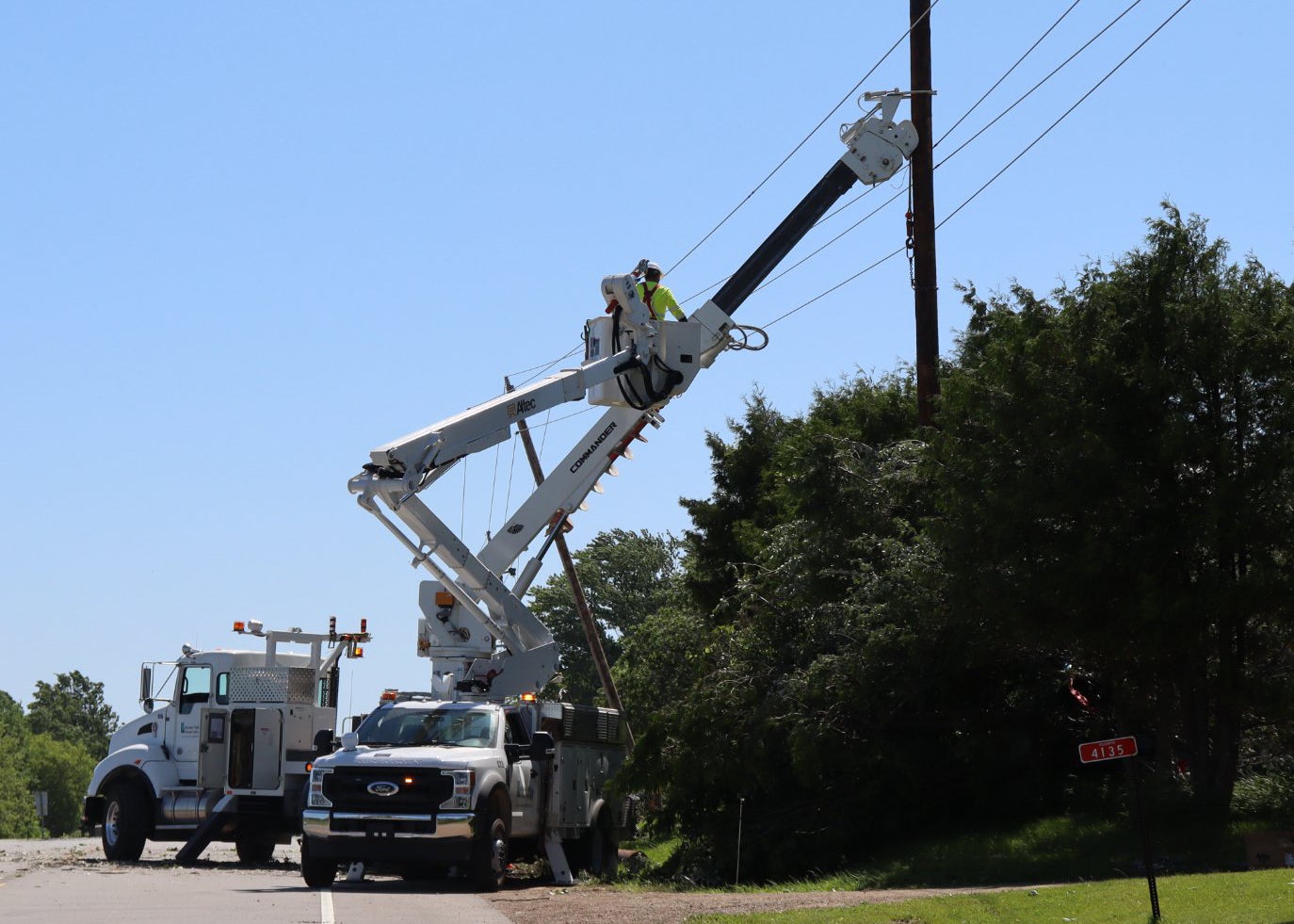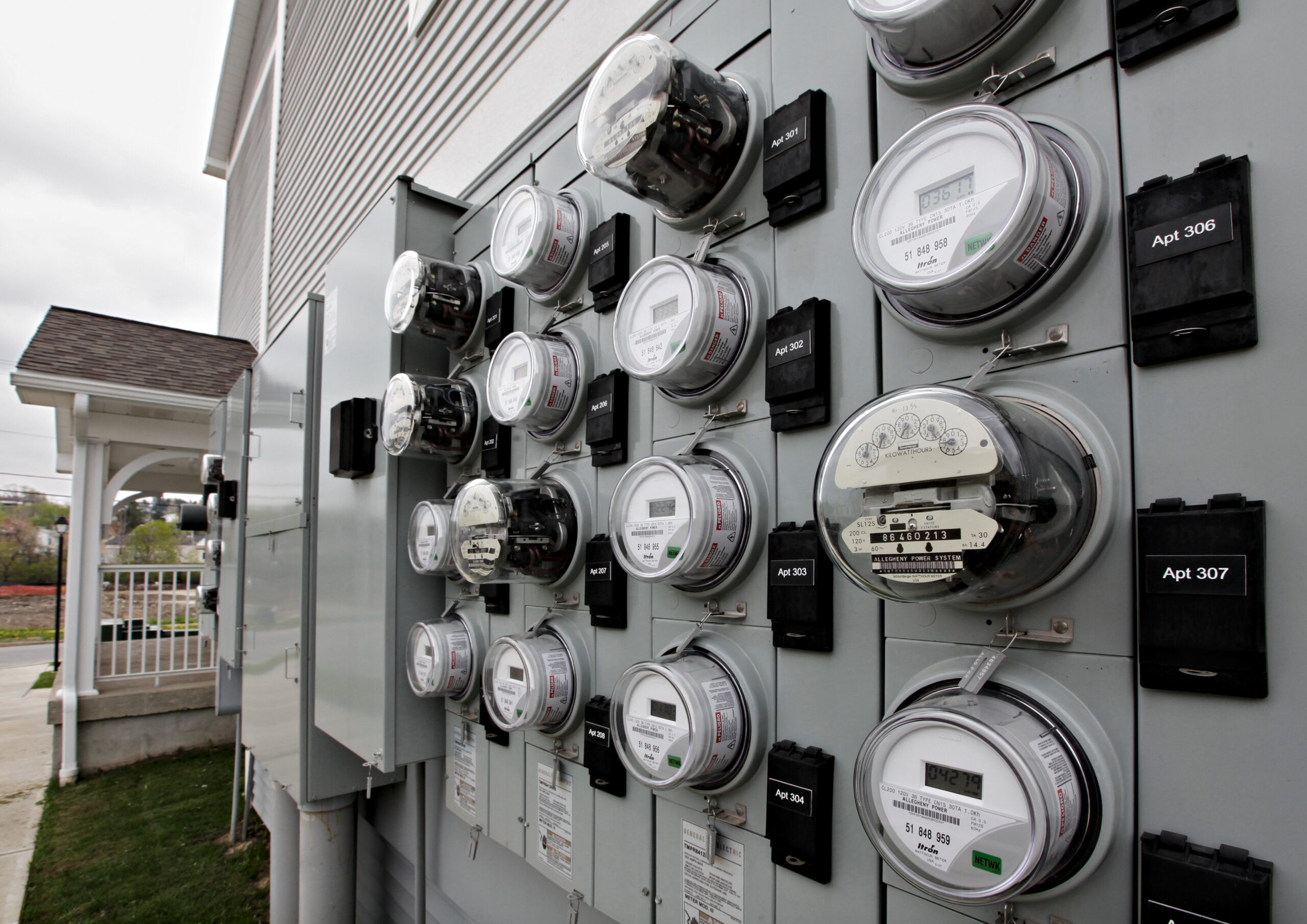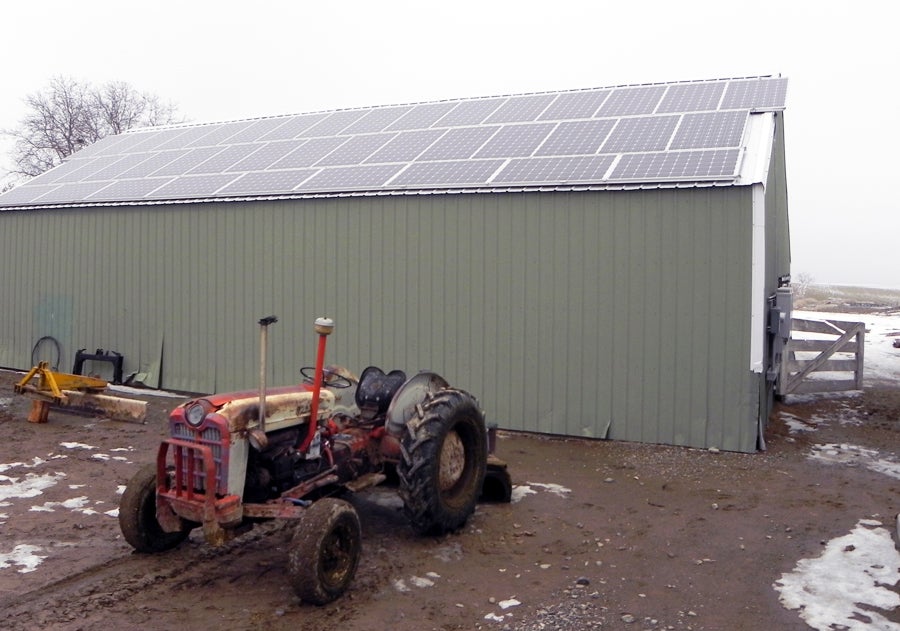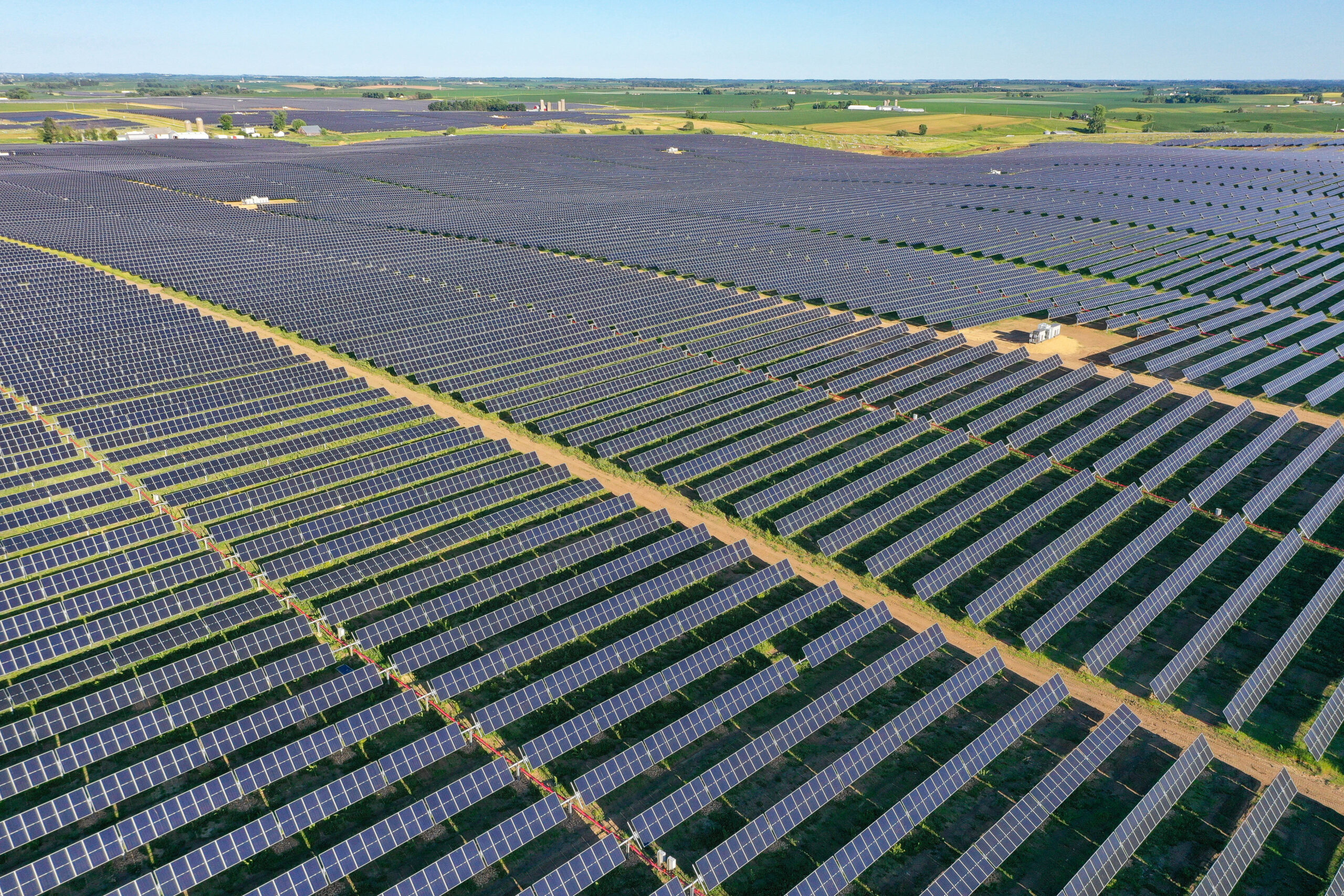Two rural electric cooperatives in Wisconsin will receive millions of dollars in federal loans to modernize electric grids and improve security.
The U.S. Department of Agriculture awarded more than $19 million in loans to Oconto Electric Cooperative and Chippewa Valley Electric Cooperative.
Oconto Electric will receive almost $13 million, while Chippewa Valley Electric will receive more than $6 million. The two utilities service more than 17,000 Wisconsin residents in nine counties.
Stay informed on the latest news
Sign up for WPR’s email newsletter.
The federal loans will help Oconto Electric connect 614 new consumers to the grid, as well as build and improve 157 miles of power lines. Chippewa Valley plans to use the money to connect 573 new customers and build or improve 75 miles of line.
“These are exciting, long-term infrastructure investments that will help rural electric cooperatives and utilities build and improve their systems,” said Julie Lassa, Wisconsin’s rural development director with the USDA. “This investment will strengthen opportunities in our rural communities while making the electric infrastructure more reliable and affordable.”
Dean Ortmann, president and chief executive of Chippewa Valley Electric, said federal loans help rural utilities keep costs down because government loans have lower interest rates.
“The ability to have access to the Treasury market and save 2 percent on your loan helps our consumers as far as the rates go,” he said.
The grants were part of the Department of Agriculture’s Rural Utilities Service’s Electric Loan Program, which is helping fund 64 projects in 26 states.
Through the program, Ortman said, rural utilities apply for funding every several years for infrastructure improvements.
“It’s not a handout. We’re paying the government back for borrowing money from them at a rate that they request,” Ortmann said. “Overall, it’s a good program. It was definitely essential in the beginning of the co-op, or you wouldn’t have electricity in the rural areas.”
He said the federal loans will help his utility move about two miles of power lines underground, as well as strengthen the backbone of the electric system in the four counties it serves.
To qualify for the federal loans, he said the utilities must develop detailed plans illustrating how the funds will be used, as well as develop environmental impact studies.
“It forces you to plan and make smart decisions,” he said.
As part of the recent awards, Oconto Electric and Chippewa Valley Electric will dedicate $325,000 and $424,700 respectively to smart grid technologies.
“Smart grids can be a catalyst for broadband and other telecommunication services in unserved and underserved rural areas, in addition to improving grid security and reliability,” Lassa said. “That type of investment is really helpful because it builds opportunity and prosperity in rural communities.”
In the coming months, the Department of Agriculture plans to announce over $12 billion in funding for clean energy initiatives in rural communities. Those funds were part of the federal Inflation Reduction Act.
Lassa said much of that funding will be administered through the department’s Rural Energy for America Program, which works with small and medium businesses in rural communities to improve energy efficiency and implement renewable energy.
“Because of the money that is part of the inflation Reduction Act, it’s really going to help businesses in rural communities, including those here in Wisconsin — if they apply for that,” she said. “They’ll be able to apply for grants as well as loans, and should be able to move forward with making their business either more energy efficient, or adopt renewable energy.”
Wisconsin Public Radio, © Copyright 2025, Board of Regents of the University of Wisconsin System and Wisconsin Educational Communications Board.




